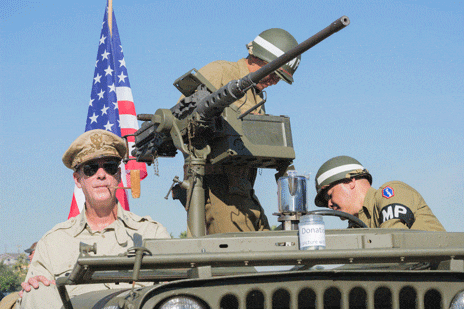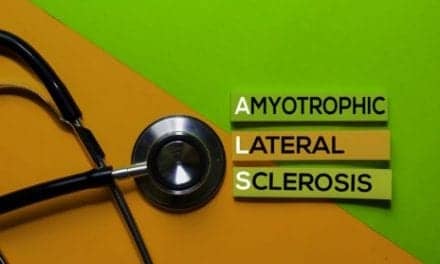A study published recently in The Journal of the American Osteopathic Association reveals that, per the results of a survey of nearly 150 US physicians who frequently treat veterans, the physician respondents felt uncomfortable and unfamiliar with treating health issues related to military service.
The survey results, according to a news release from the American Osteopathic Association, revealed the following: More than half of the respondents indicated that they were uncomfortable discussing health-related exposures and risks that veterans might experience, such as depleted uranium, smoke, and chemical weapons; more than 70% of the respondents revealed that they were between very uncomfortable and just moderately comfortable with their ability to properly identify, communicate with, and treat veterans who have military-related health conditions; and 80% of the respondents reported that they were unfamiliar with the referral and consultation services for veterans.
Also according to the survey, per the release, although it is estimated that post-traumatic stress disorder (PTSD) affects 31% of Vietnam veterans, 10% of Desert Storm veterans, and as many as 10% of veterans of the war in Afghanistan, only 15% of the physician respondents revealed a high level of understanding of PTSD.
The survey, which the release notes spanned two medical meetings in Ohio, involved 140 civilian physicians serving high levels of veterans, defined as at least one of every five patients treated.
“None of the survey results showed an overall high level of comfort with veteran’s health issues,” says Todd Fredricks, DO, the study’s lead researcher, in the release.
“Our research suggests civilian physicians need more resources to better understand the health implications of military service, particularly since a large number of these patients have experienced combat and may face long-term physical and mental implications,” Fredricks continues.
[Source(s): American Osteopathic Association, PR Newswire]





